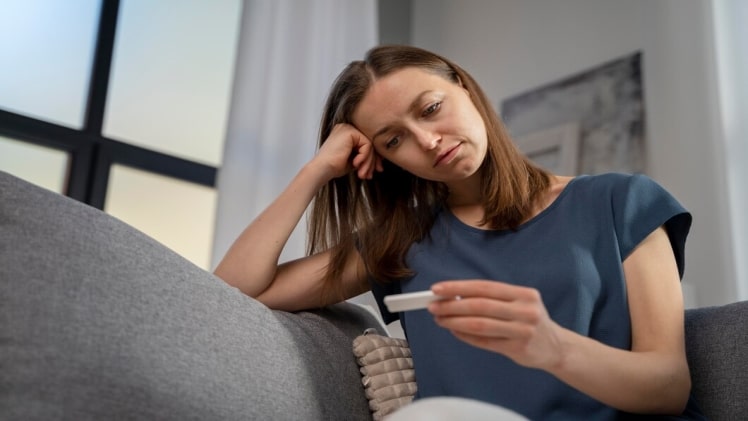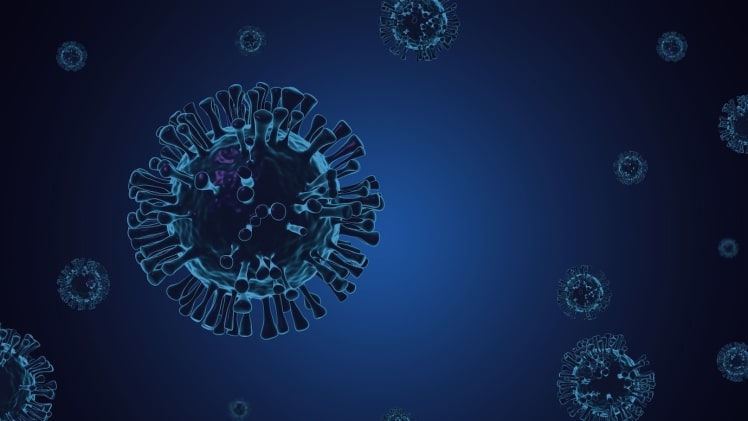Air purifiers are designed to reduce the presence of airborne contaminants in a given space. They effectively improve the quality of the air you breathe, ensuring that it is safe, fresh, and odorless.
It is for this reason that the air purifier supplier plays an important role in today’s world. After all, only well-made air purifiers can provide a significant reduction of potentially harmful contaminants.
But how good is an air purifier when it comes to the COVID-19 pandemic? Does having this device in your house will give you assurance that you will be safe from the said disease? Read on to find out.
A Briefer On The COVID-19 Pandemic
The SARS-CoV-2, or very virus that infects people with COVID-19, is floating in the air. In short, it is an airborne virus. Based on studies, the said virus typically lingers in spaces that aren’t receiving enough ventilation. Furthermore, researchers indicated that it could travel more than six feet from its original source.
Because of the nature of the virus, indoor spaces are much more prone to COVID-19 transmission. People residing in poorly ventilated homes and buildings are more at risk of contracting the potentially lethal disease.
However, it is evident that people are starting to take their lives back after the stringent restrictions in public spaces and gatherings. In some areas, there are entertainment venues that have opened to full capacity already. Universities and schools are starting to open once more.
We are hopeful that things will get better soon. But at the same time, we can’t exclude the fact that the threat is still there. In fact, there are reported surges in a number of countries, forcing them to enforce tighter restrictions.
People should still be cautious, even if they have received vaccination already. At the same time, they should also consider investing in air purifiers, as it could help reduce your chances of acquiring COVID-19.
Do Air Purifiers Help With COVID-19?

The effectiveness of air purifiers is yet to be assessed. However, the United States Environmental Protection Agency has stated on its website that air purifiers can minimize the presence of airborne contaminants by capturing them through a number of filters.
These airborne contaminants may include common allergens, pathogens, and viruses, such as COVID-19. Here, it is already clear that air purifiers can capture the COVID-19 virus and prevent it from ravaging your health.
But the Environmental Protection Agency also stated that personal air purifiers aren’t enough to fully protect yourself from COVID-19. It is still essential that you implement other recommended practices by the World Health Organization and the Centers For Disease Control to ensure that you’ll avoid contracting the disease.
The EPA only emphasized that an air purifier has the capability to trap these contaminants in the air. But its effects aren’t an assurance that you will be no longer susceptible to the threats of COVID-19. You can say that an air purifier is an important aspect of protecting yourself or your family from the looming threat of the virus.
How Do Air Purifiers Work?
Of course, many of you are wondering how an air purifier can reduce the presence of the COVID-19 virus in indoor spaces. Are there any advanced components installed on the air purifiers that enable them to eliminate these harmful pollutants?
Well, the secret of effective air purifiers isn’t really a product of science fiction. In fact, you’ll get surprised that these air purifiers operate on the premise of the age-old tradition of filtration systems.
Air purifiers are equipped with different filters that enable them to capture different types of contaminants. Specifically, these are the air purifiers that you can trust; other air purifiers offer air purification through ionization, which sounds impressive but is downright inefficient. At the same time, they are also prone to releasing ozone, which is another lung irritant.
So what are the types of filters installed in an air purifier? Here are they:
- HEPA Filter – A HEPA filter is a unique filter, but it is nothing new. It has been in the market for quite some time already. Without discussing the technicalities, HEPA filters are designed to capture up to 99.97 percent of microscopic contaminants–down to 0.3 microns in size. Within this scale, you will find pathogens and viruses, such as COVID-19.
If an air purifier doesn’t have a HEPA filter, it would not be able to capture those bacteria and viruses. Hence, if you want to avoid contracting COVID-19, better look for air purifiers that are equipped with True HEPA filters.
- Activated Carbon Filter – Air purifiers don’t just trap pollutants; they are also capable of reducing the foul odor that annoys you. The job of an activated carbon filter is to capture contaminants that cause odors and unwanted smells. These include chemicals, gasses, and other substances that you typically use in your home. It can even remove the odor caused by cigarette smoke, food, and pets.
- Pre-Filter – Pre-filters are important; many overlook these filters, but they are an integral part of air purifiers. As their name suggests, these pre-filters are the first stage where air passes through. They are the ones that capture large debris such as dust and pet hair. Without a pre-filter, the activated carbon and HEPA filters will be prone to damage.
As you can see here, an air purifier’s architecture isn’t that complex. It only operates through the systematic use of different filters. But through them, these air cleaners become effective tools in deterring contaminants indoors. They can even deal with viruses that could potentially harm your health.
Conclusion
Air purifiers are capable of trapping the virus that causes COVID-19. As long as the air purifier includes a properly-engineered HEPA filter, it would be able to eliminate minuscule pollutants floating in the air. And that includes the SARS-CoV-2 virus. But then again, always keep in mind that these air purifiers will not ascertain that you won’t have to deal with COVID-19 anymore. Safety practices will always give you the additional protection that you need.

